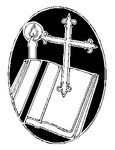
Sunday (Pentecost): First Reading was Acts 2:1-11. Responsorial Psalm was Number 103 "Send forth your spirit, O Lord, and renew the face of the earth." Second Reading was Galatians 5:16-25, and the reading from the Holy Gospel was John 15:26-27. The Service next Sunday (Holy Trinity) will be a joint Benefice Mass with St Peters starting at 10.15am (at St Andrews). There will be no services during the week.
DROP-IN SESSION:
The weekly drop-in session continues to be held in the meeting area at the back of the church between 10.00am and 11.45am every Tuesday for anyone wanting information about the church, its activities, or simply for a natter and a cup of coffee. Last weeks Tote winner was number 146.
.
SUMMER OUTING:
This has now been arranged for Monday 6th July 2015. See posters for further detaiL.
COMMEMORATION OF THE WEEK:
The Venerable Bede. He wrote scientific, historical and theological works, reflecting the range of his writings from music and metrics to exegetical Scripture commentaries. He the works of Pliny, Virgil, Lucretius, Ovid, Horace and other classical writers. Bede's scriptural commentaries employed the allegorical method of interpretation and his history includes accounts of miracles, which to modern historians has seemed at odds with his critical approach to the materials in his history. Modern studies have shown the important role such concepts played in the world-view of Early Medieval scholars.
Bede's best-known work is the Historia ecclesiastica gentis Anglorum or An Ecclesiastical History of the English People, completed in about 731. The first of the five books begins with some geographical background, and then sketches the history of England, beginning with Caesar's invasion in 55 BC. A brief account of Christianity in Roman Britain is followed by the story of Augustine's mission to England in 597, which brought Christianity to the Anglo-Saxons.The second book and follows the further progress of Christianity in Kent and the first attempts to evangelise Northumbria.These ended in disaster when Penda, the pagan king of Mercia, killed the newly Christian Edwin of Northumbria but the third book recounts the growth of Christianity in Northumbria under kings Oswald and Oswy. The climax of the third book is the account of the Council of Whitby, traditionally seen as a major turning point in English history.The fourth book and recounts Wilfrid's efforts to bring Christianity to the kingdom of Sussex. The fifth book brings the story up to Bede's day, and includes an account of missionary work in Frisia, and of the conflict with the British church over the correct dating of Easter. Bede died on Thursday, 26 May 735 (Ascension Day) and was buried at Jarrow.
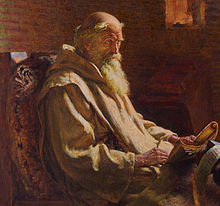

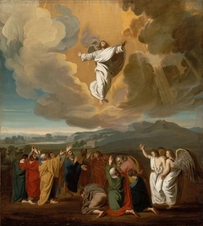
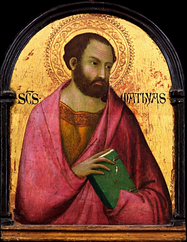
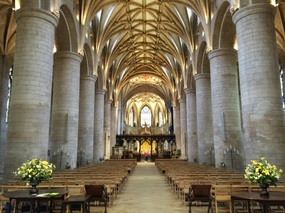

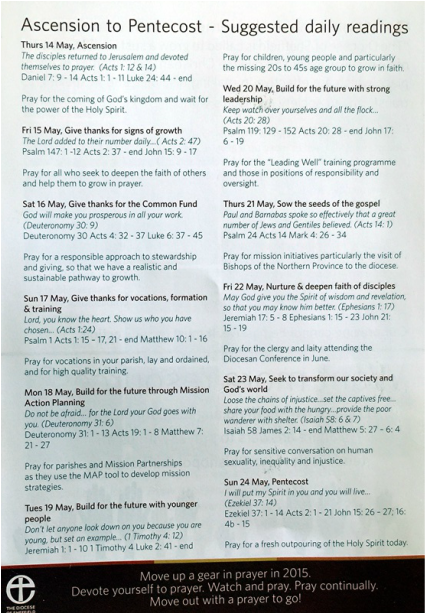
 RSS Feed
RSS Feed